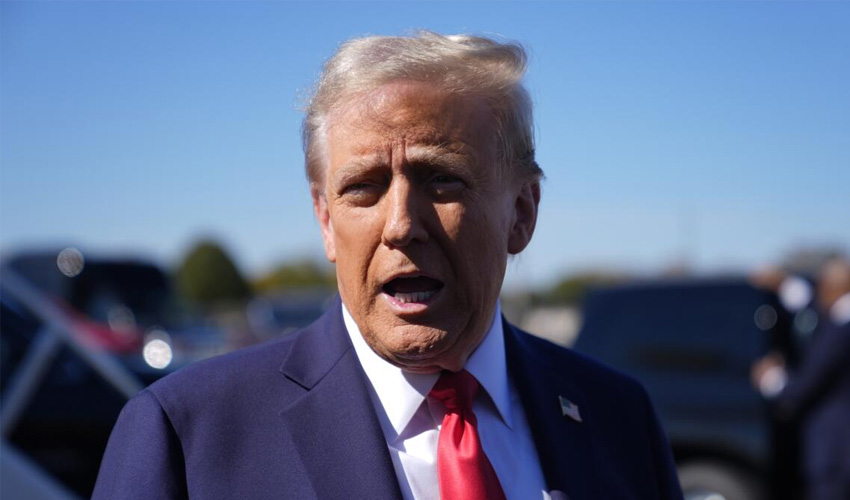A New York court has scheduled January 10, 2025, as the sentencing date for President-elect Donald Trump in his hush-money case.
The decision comes less than two weeks before Trump is to be sworn in for his second term as president.
Justice Juan Merchan, presiding over the case, indicated that the sentencing would result in an "unconditional discharge," ruling out jail time, probation, or a fine. The court order allows Trump to attend the hearing either in person or virtually.
The charges against Trump stem from a $130,000 payment to adult-film star Stormy Daniels during the 2016 presidential campaign to silence allegations of an extramarital affair. Trump was convicted in May of 34 felony counts of falsifying business records related to reimbursing his former lawyer, Michael Cohen, for the payment. Trump has denied any wrongdoing and pleaded not guilty, claiming the case was politically motivated.
Trump dismisses sentencing as a “Rigged Charade”
In a fiery statement on his Truth Social platform, Trump dismissed the sentencing order as an “illegitimate political attack” and a “rigged charade.” His spokesperson, Steven Cheung, echoed these sentiments, calling the case a “witch hunt.”
“President Trump must be allowed to continue the presidential transition process and execute the vital duties of the presidency without obstruction from these hoaxes,” Cheung said.
Trump’s legal team has filed multiple motions to dismiss the case, citing concerns over the impact of the trial on his ability to govern. Justice Merchan acknowledged these concerns but dismissed arguments for overturning the jury’s verdict. Instead, the judge proposed alternatives, including delaying sentencing until after Trump’s presidency or guaranteeing a non-custodial sentence.
Legal and constitutional implications
Trump’s defense argued that the case violates a Supreme Court ruling granting presidents broad immunity from prosecution for official actions. However, Justice Merchan ruled last month that the conviction was valid and fell outside the scope of presidential immunity.
Legal experts believe that while falsifying business records can carry a prison sentence of up to four years, Trump’s age and clean legal record make incarceration unlikely.
If sentenced as scheduled, Trump will become the first convicted felon to serve as president of the United States. He is also facing three other criminal cases, including charges related to classified documents and alleged efforts to overturn the 2020 election results.
The January 10 sentencing will mark a significant moment in U.S. legal and political history. Trump, who is set to return to the White House despite ongoing legal troubles, remains defiant. His campaign team has vowed to appeal the conviction and fight what they describe as politically motivated cases.



























